Growing up in a dysfunctional household on the Eastside, Crystal Maldonado developed complex post-traumatic stress disorder.
“I didn’t know I had anxiety as a child. I didn’t know I was depressed. I didn’t know if other kids were going through what I was going through,” she said.
She carried deep trauma with her through her teens. Finally, she decided to open up to her mother about what she was going through.
But her mother’s response surprised her.
“She discouraged me from talking to somebody because she knew it was a risk..for her and the safety of our family in regards to child abuse or drug abuse being reported,” Maldonado said.
After years of pleading with her mother, Maldonado was finally allowed to see a mental health professional. Her family’s insurance assigned her to the first available mental health provider.
Minutes before her first appointment, Maldonado and her mother sat in their parked car outside the clinic. Her mother coached her on what topics to avoid discussing with her therapist.
“Don’t say anything that might get me in trouble. You don’t want them taking you away, do you?” Maldonado recalled her mother telling her.
On a day she had been looking forward to for years, suddenly, feelings of hopelessness started creeping in.
“It’s like wearing a muzzle,” she recalled thinking.
When she walked in the therapist’s office, more doubts set in. The mental health worker was a middle-aged white man and she wondered how she would possibly be able to open up to him.
After a 50-minute session of small talk and evasion, Maldonado left, feeling all her efforts to get help were a waste of time.
“As a young Chicana, with my lived experiences [and] with the stuff that I wanted to talk about, there was no way that this man was going to understand,” she said.
Maldonado is one of many who have struggled to get the right treatment for a mental health disorder in communities surrounded by stigma, reluctance and inexperience when it comes to mental health.
Communities on the Eastside and South L.A. are considered “underserved cultural communities,” or those “historically underserved, unserved, and inappropriately served in terms of mental health services,” according to a fact sheet by the Los Angeles County Department of Mental Health.
“Research has shown that in areas facing obstacles such as poor primary care infrastructure, distrust of outside providers, language barriers and stigma or lack of awareness around mental health issues clinical depression can be more successfully identified and managed through a collaborative effort,” reads a 2015 press release from the department.
Currently, the LACDMH offers various online resources such as the service area team leadership meetings, which serves as a local forum for residents to get valuable information and advice based on the area they live in. The county has created eight divisions of service areas, including one for the Eastside and one for South L.A.
One of the speakers from a November LACDMH virtual meeting, Jefferey Rodriguez, shared the importance of one’s “self-talk” to combat a critical self-perception.
“This idea of self-talk can be very much needed,” said Rodriguez, a provider at Rio Hondo Mental Health. “In fact, being kind to yourself will not only help you stay calm during this difficult time, but it will help to ensure that you have the bandwidth you need to take good care of yourself and your family.”
The county’s service area team leadership meetings (SALT) focus on the importance of starting a dialogue around mental health in communities saturated with avoidance and suppression. As individuals become more dependent on online content, they are encouraged to attend online mental health-focused events, group forums and webinars.
At last week’s East L.A. SALT meeting, audience members were encouraged to check out a free virtual comedic play written by Ana Nogales, a renowned psychologist. The play, “De Sabios y Locos, Todos Tenemos Un Poco,” or, “Of Wise and Mad, We All Have a Little,” focuses on a Latinx family who is dealing with various mental health issues from domestic violence, anxiety, depression and PTSD.
Online events that ignite a dialogue can be a stepping stone to getting help.
As for Maldonado, she said she knew it was time to focus on healing from her past traumas when she had her first child.
“If I couldn’t do it for myself, I had to do it for her, in order for me to be the best mom I could possibly be,” she said. “Mommy has to be right.”
She picked up the phone and spoke with Domestic Violence Support Services, leading her to attend therapy counseling classes and group therapy. After internalizing her trauma for years, Maldonado, 25, said she was finally able to receive effective treatment: “It’s been a four-year journey now and it’s the best thing I’ve ever done for myself.”

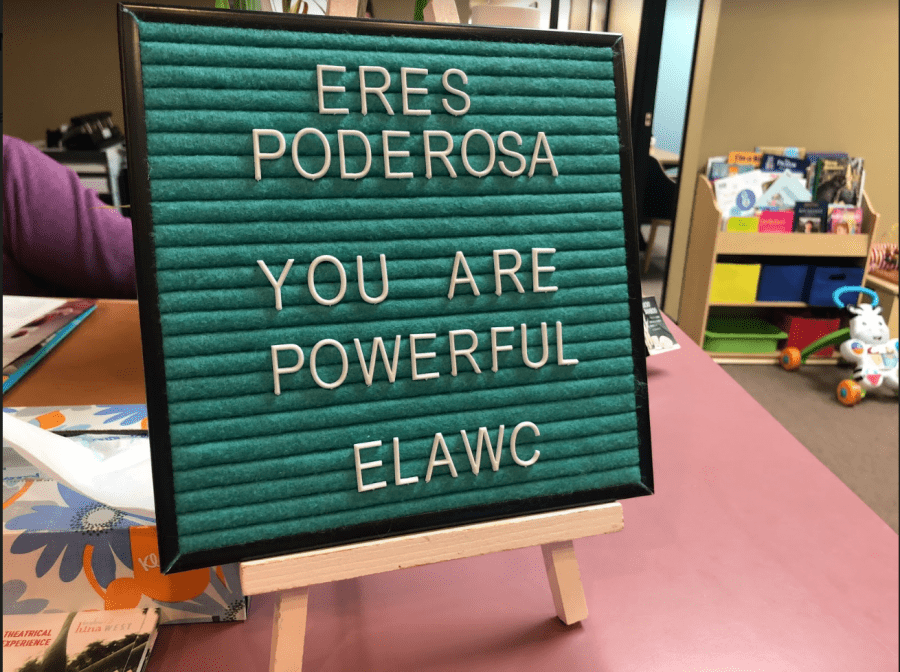






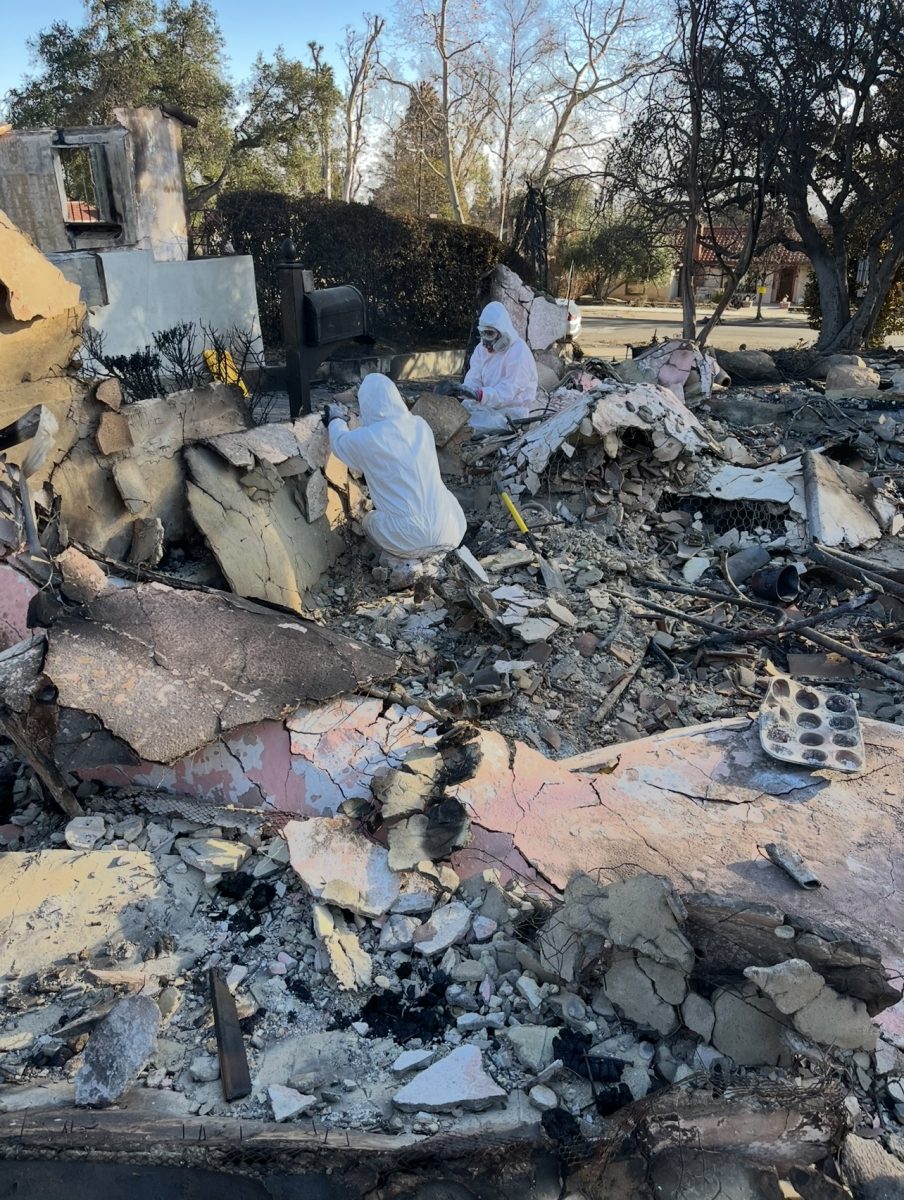
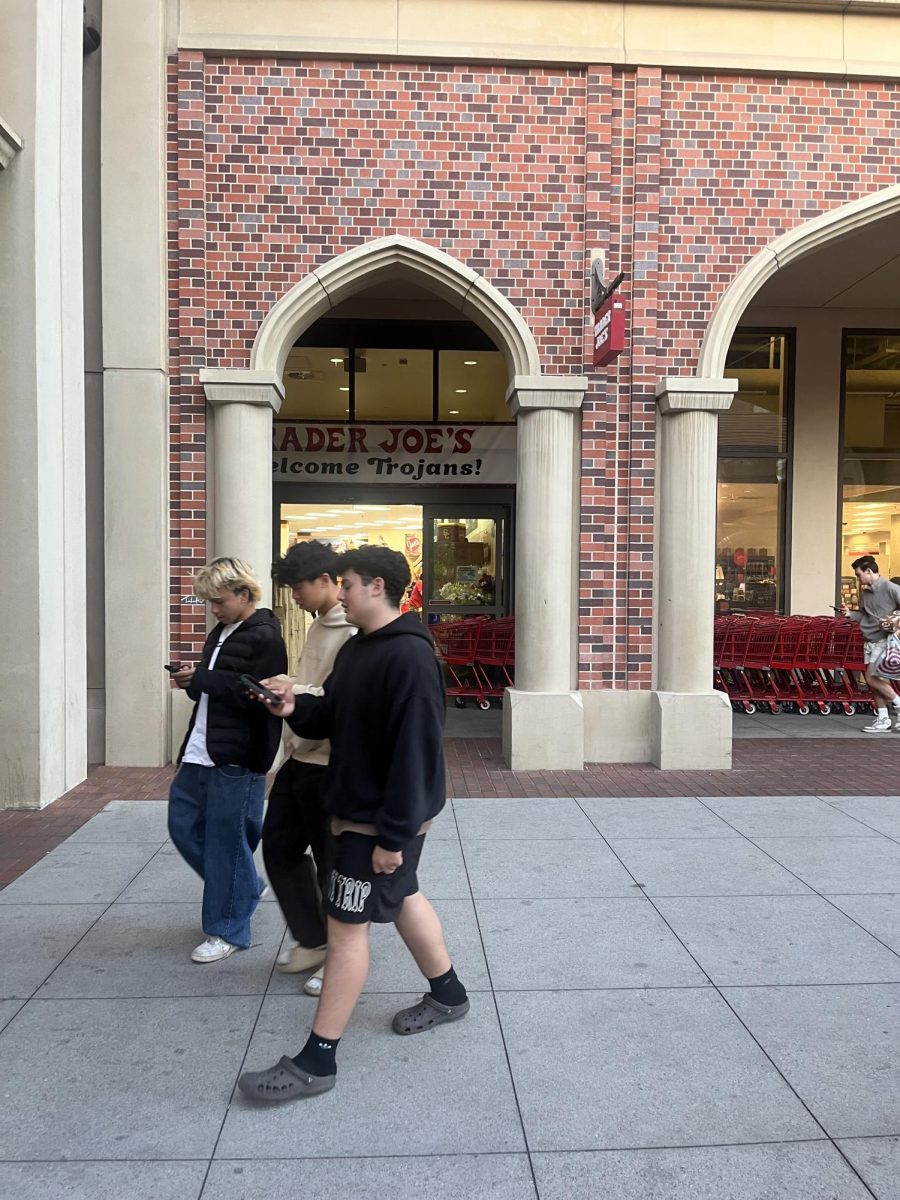
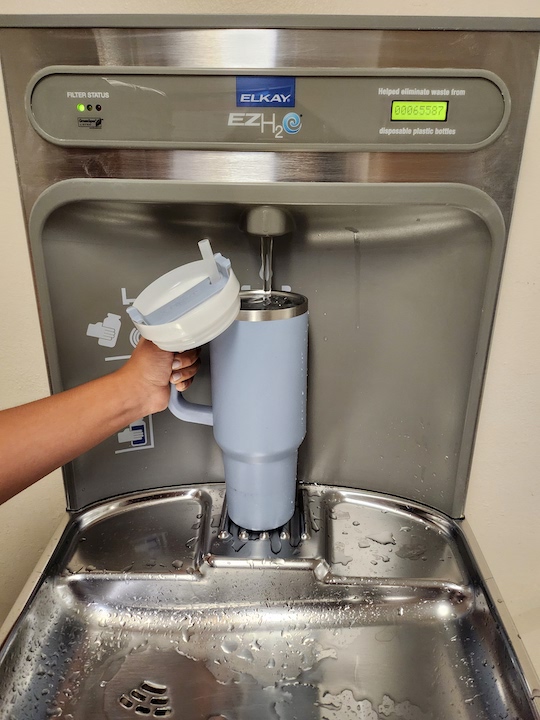
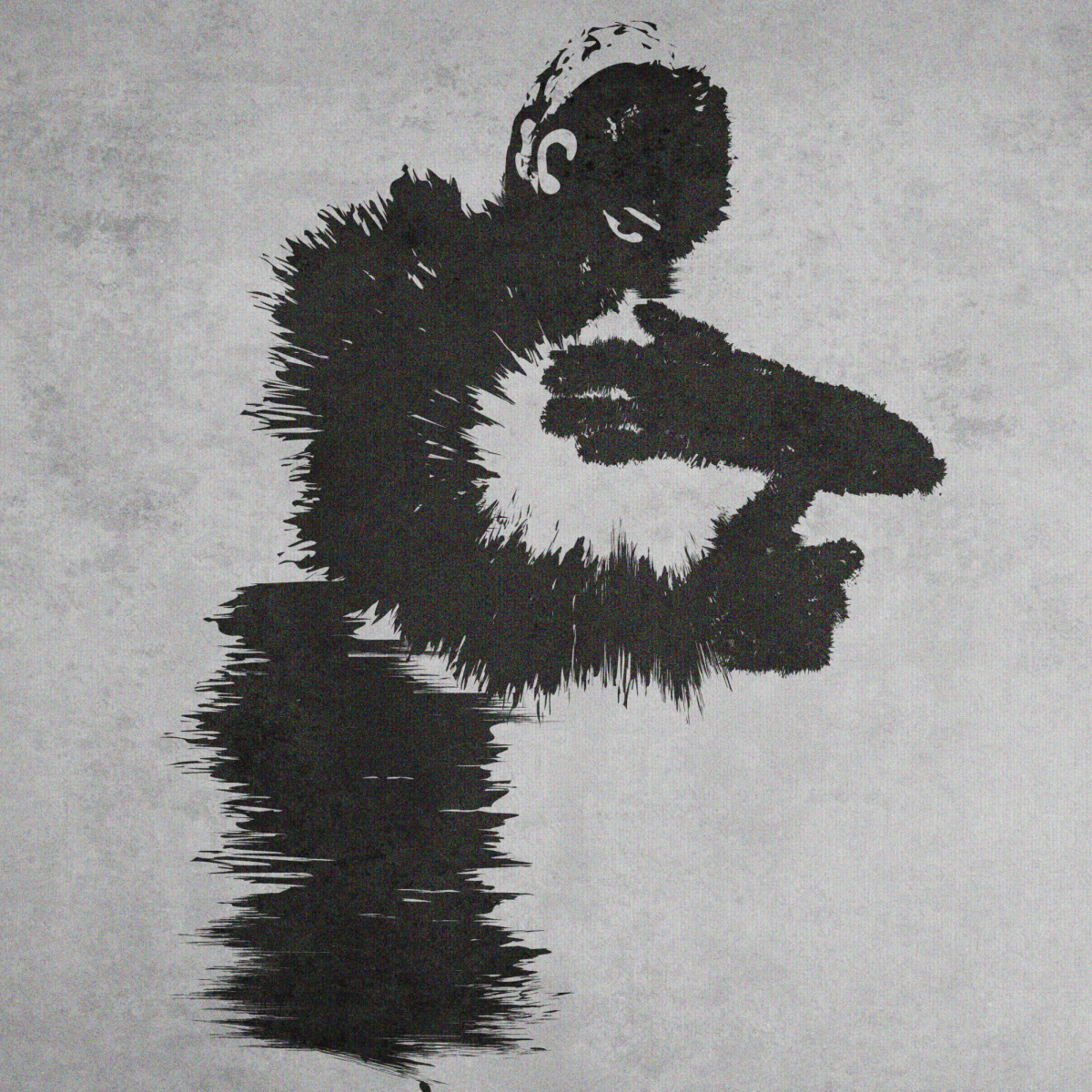
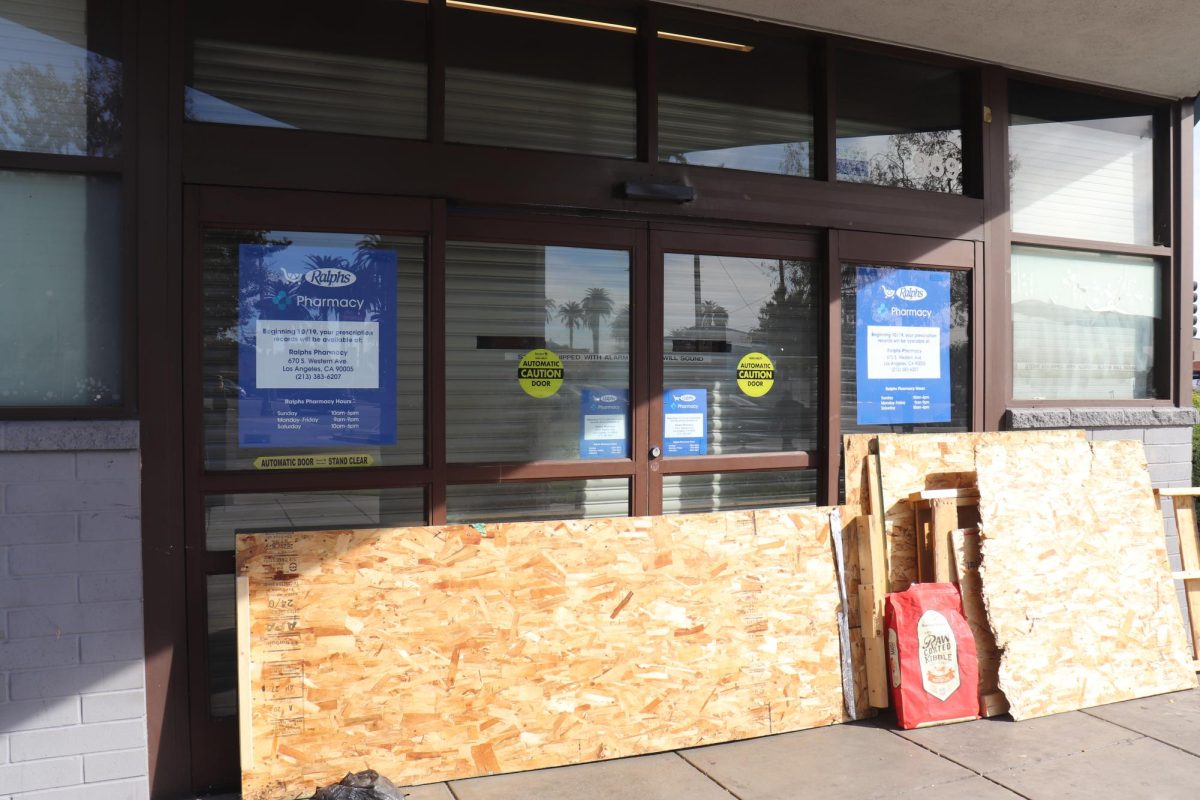
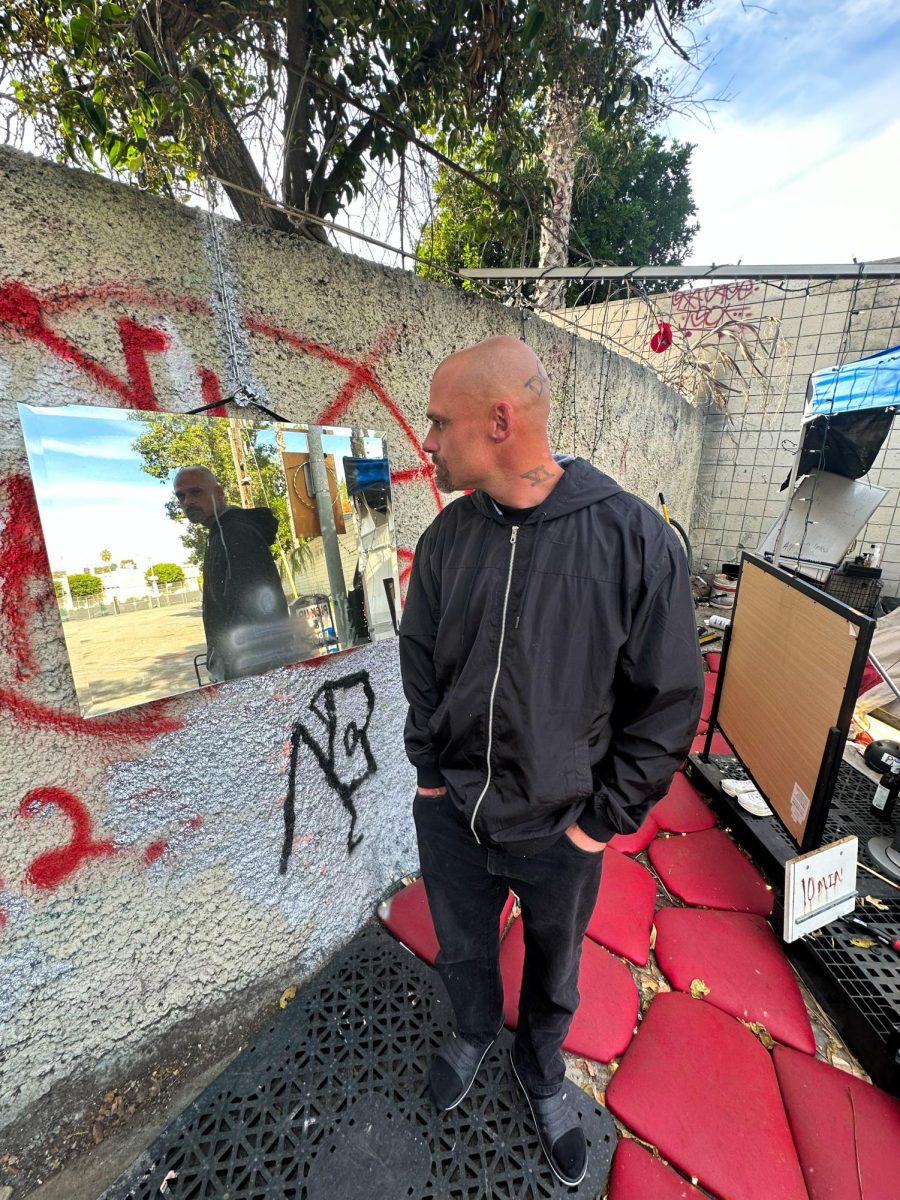
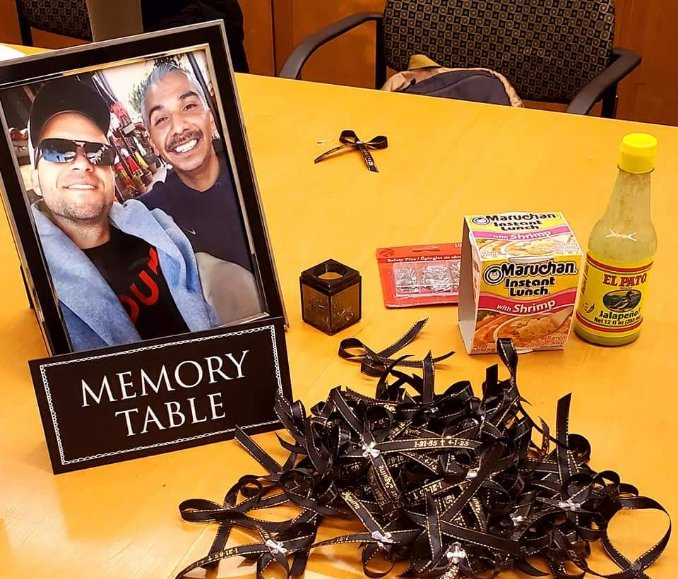
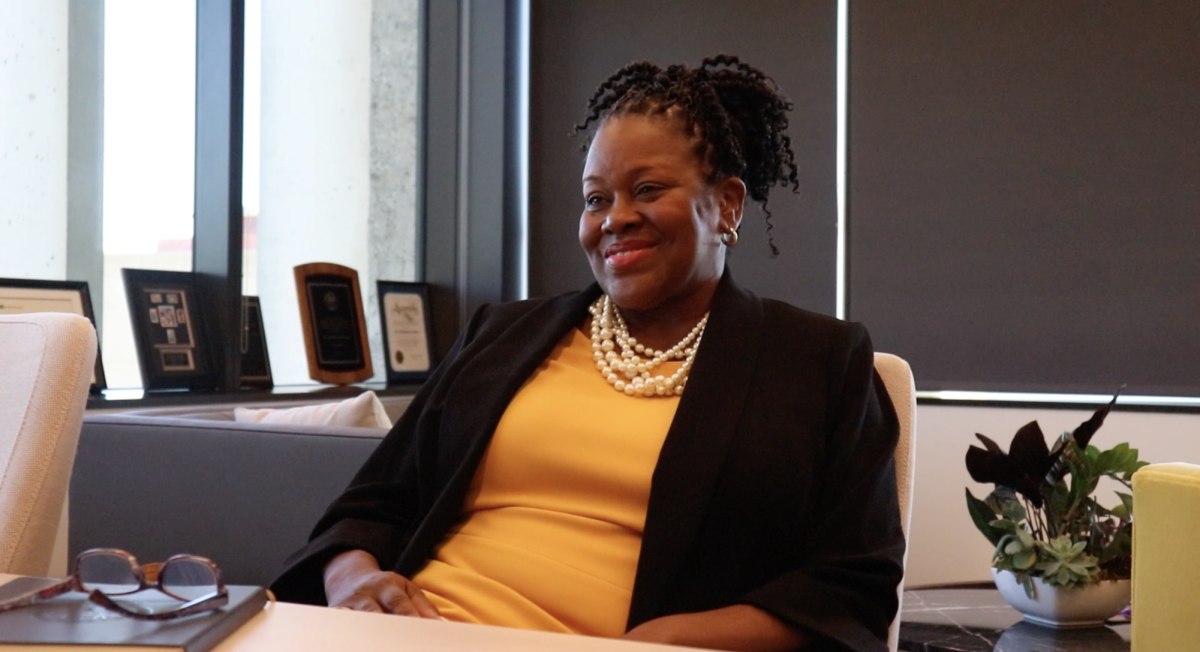
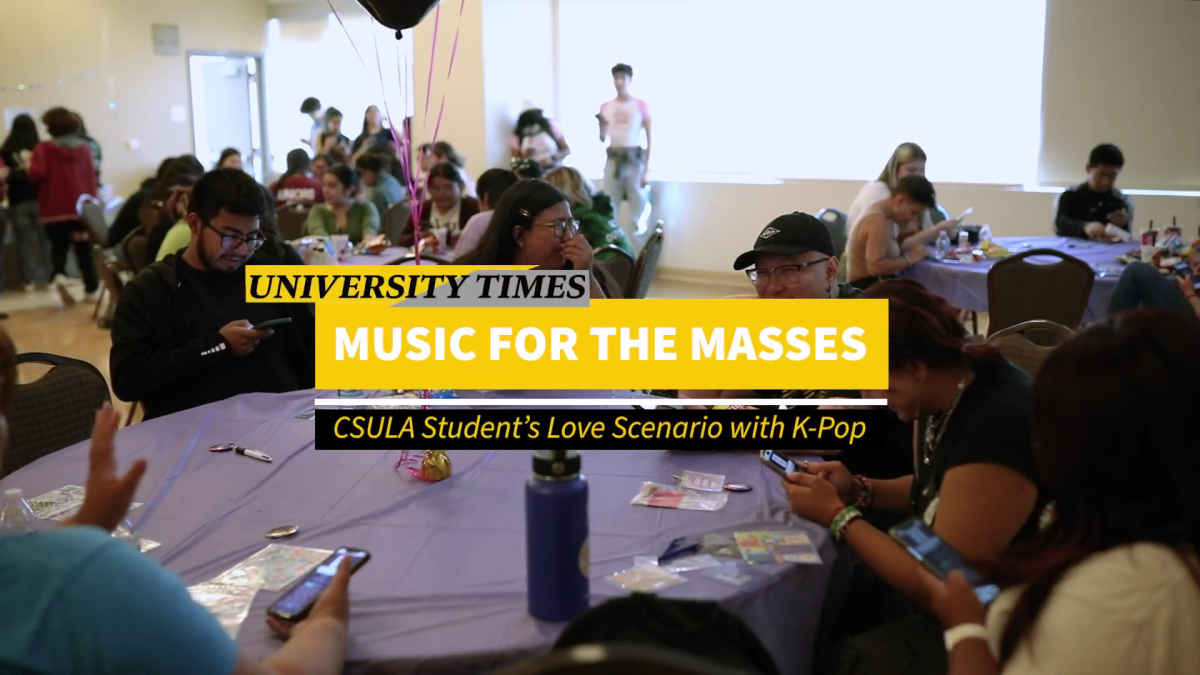
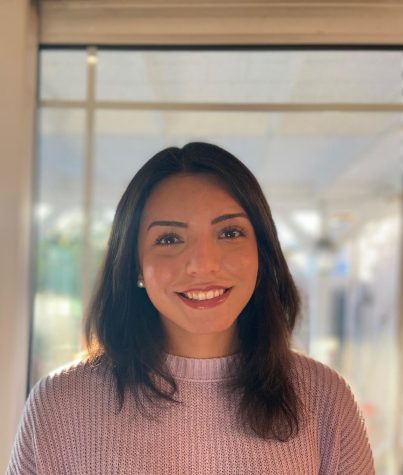
Harold A Maio • Jan 17, 2021 at 3:10 pm
“There is” a stigma to mental illnesses, or we continue to teach there is?